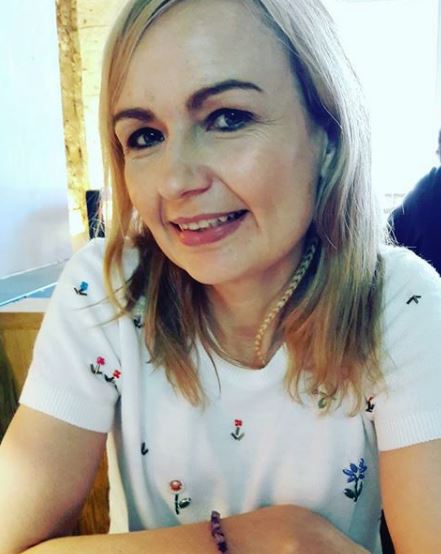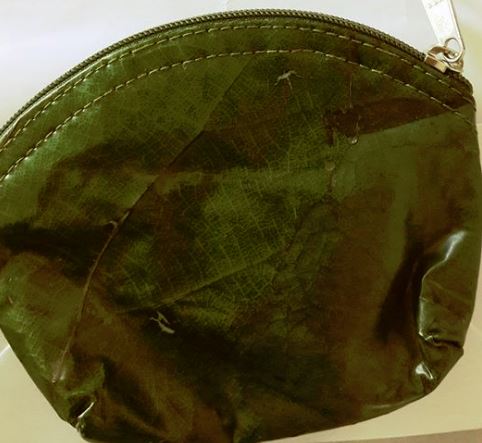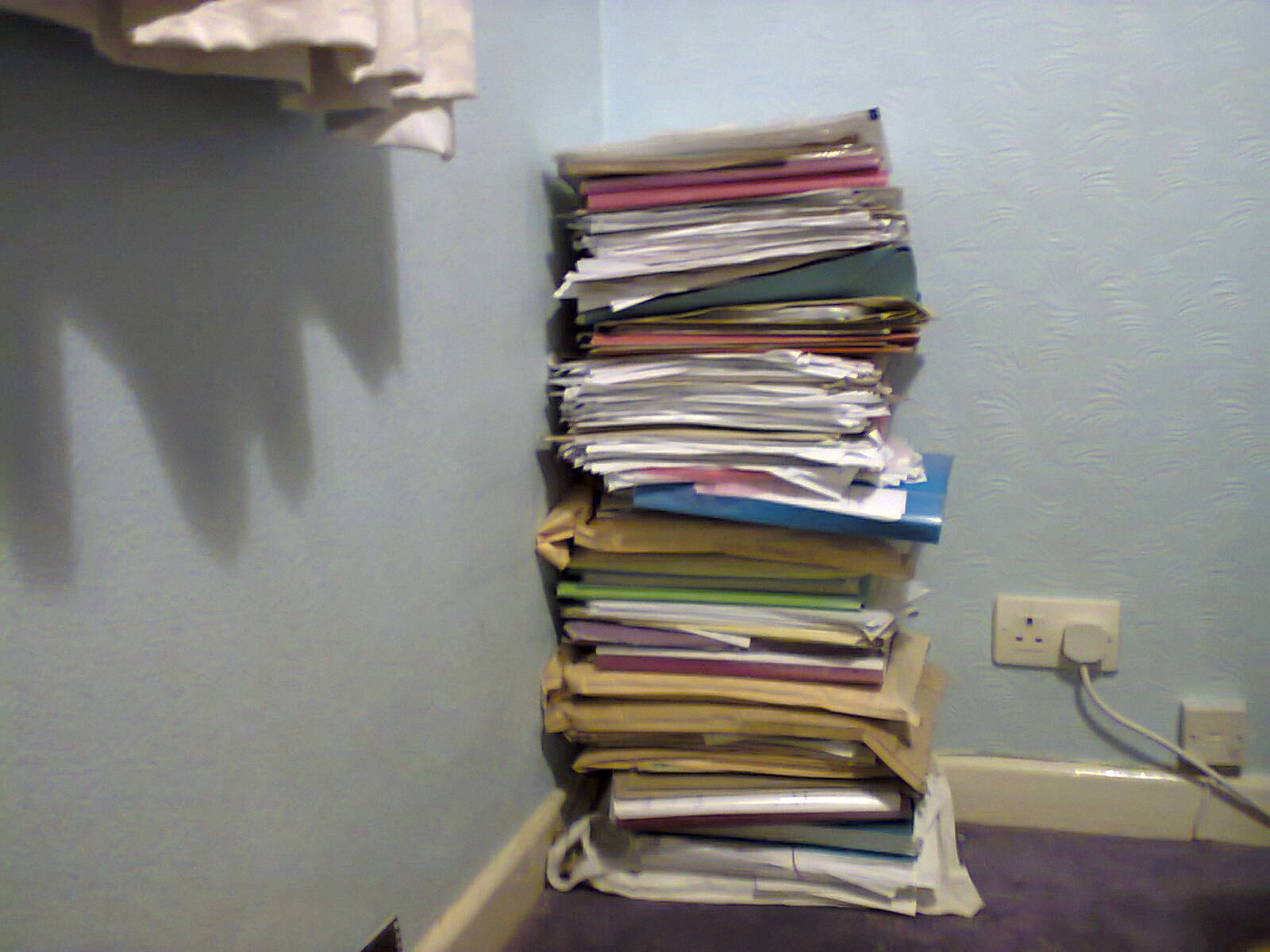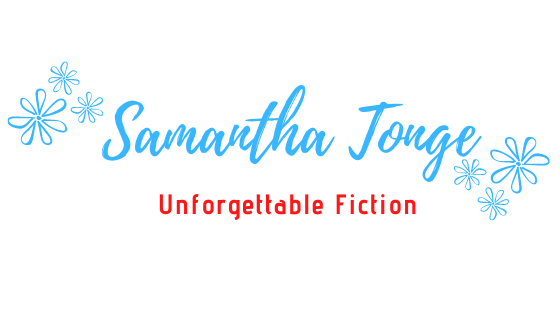At the weekend I visited Camden Market in London, and for fun (um, fun that will last 3-6 months!) I had a Peruvian rooster feather sewn into my hair. If you look closely, below, you can see it on the left hand side of my neck (right, as you look at it).
The hair technician gets them from a friend in Peru. They are discarded feathers that would otherwise be thrown away.

I also bought this purse made from leaves. It is vegan and only made from foliage that has already fallen to the ground. The leaves are 25cm big and processed using ecologically-friendly materials. 10% of money earned from them goes back to the community they came from (you can find out more about Thamon’s products here).

All of this got me thinking about how I recycle my own writing. First up – NO writing is ever wasted, anyway, as you are constantly learning from every word you write. So, if like me, along the journey to publication you have stacked up several manuscripts that will never see the light of day, don’t despair. Those manuscripts are proof of how you hone your craft.
And, from a practical point of view, some of the work will eventually appear elsewhere, just in a different form. For example, two of the lead characters in my award-winning summer 2015 summer novel, Game of Scones, were originally created for a book I wrote that was rejected across the board. They are two high-flying executives who’ve embraced the modern world and lost sight of the simple things.
In fact that particular rejected novel was cannibalised in lots of ways. There was a catch-phrase in it, to express how much two characters loved each other, and I eventually used that in a short story I sold to The People’s Friend magazine.
Writing for the women’s magazine market is a great example of recycling. Each magazine has a slightly different remit, so when one rejects a story the writer can often re-work it to (hopefully) fit another one’s requirements.
The very first novel I wrote, back in 2005, (and, which, thankfully, was never published!) was set in Paris. I lived there as a young woman and the book was full of vivid descriptions of my favourite haunts. In 2013 I finally got a novel deal and Doubting Abbey was published. Its sequel was subsequently written and published it 2014. It was called From Paris with Love and I recycled a lot of the scenes I’d written back in 2005 – the research had been done and I was even able to lift whole paragraphs of description, which was great!
Then there is a short story I wrote and sold, set during the Gold Rush. Over the years, the characters and setting have kept coming back to me and when that happens, it usually means that, somehow, they will appear in a novel. So that creative work will be recycled too, with the characters and setting already in place.
Recycling old writing is great. It means that some of the work is already done, for a new project. Plus it is lovely to visit old fictional friends or stories, that no one else had faith in, and incorporate them into something that will have an audience. Over the years your understanding of your craft, and certain themes, will mature an enable you to perhaps take old ideas to a deeper level. A strong theme of my latest novel, The New Beginnings Coffee Club, is about finding yourself, and this was the central subject of another of my rejected books. But that original research, those original thoughts on the subject, of mine, have not been wasted. Years later, I have addressed them again.
So take heart as you build up a pile of those discarded manuscripts (see mine, below). They represent how you are shaping your talent. They represent your journey to success. And the characters, themes and settings within them are not lost thanks to the continuous opportunities to recycle.



I’ve been tardy about rejigging my nasty R’s Sam and I’m not sure why as I love editing it once my story is written and I’ve left it for a while.
So I’ve dug them out and intend to have a good go.
Super blog as always, encouraging as ever. xx
Thanks very much, Sue – I guess we need a while to lick our wounds and then get back to it. Tardy can be good sometimes – as long as it doesn’t turn into Tardis and take us away for lightyears! xx